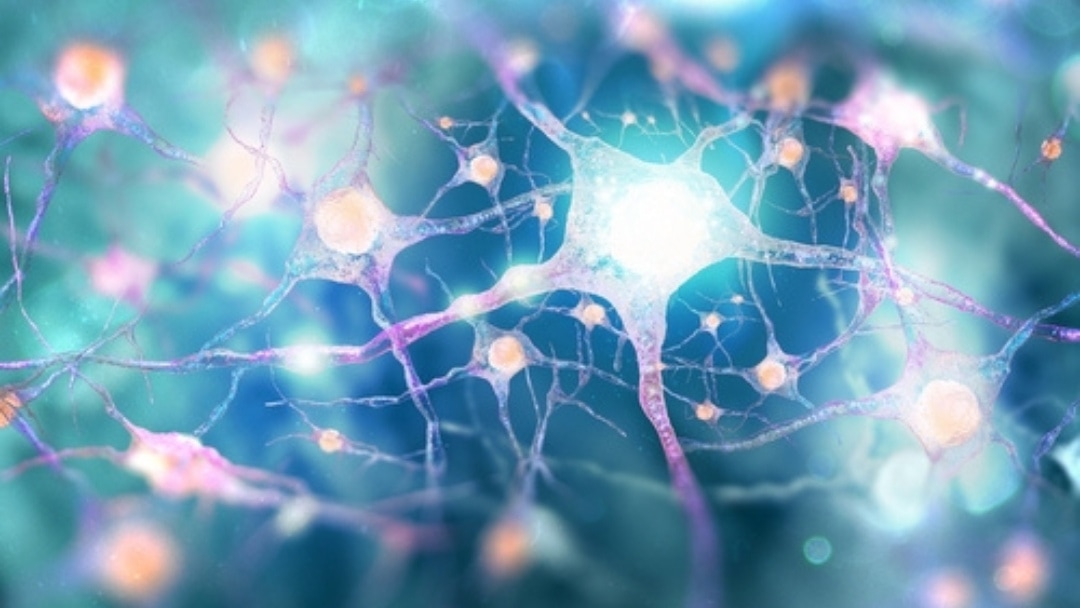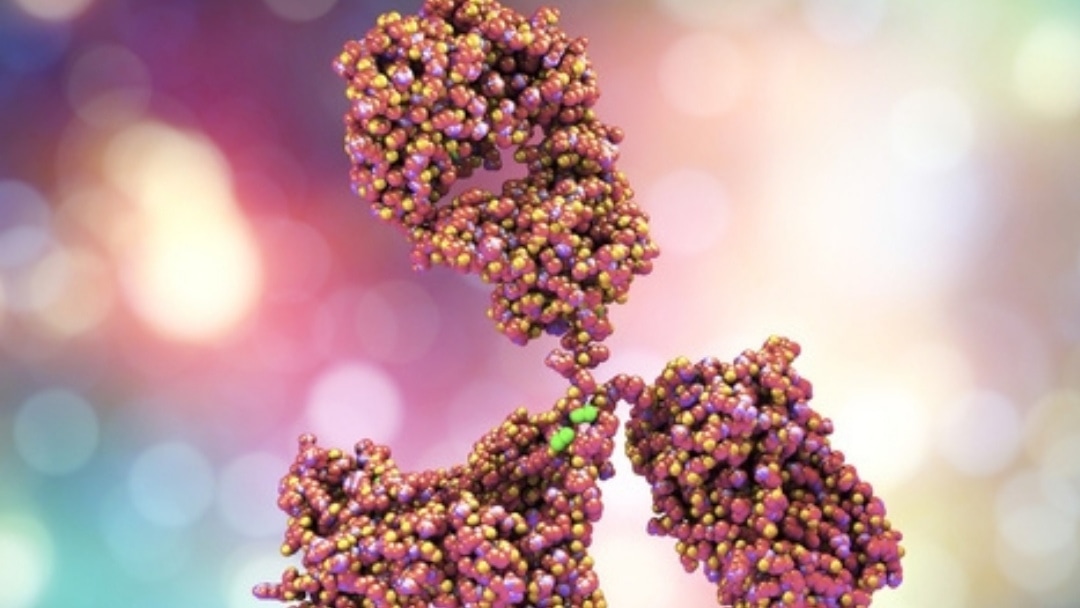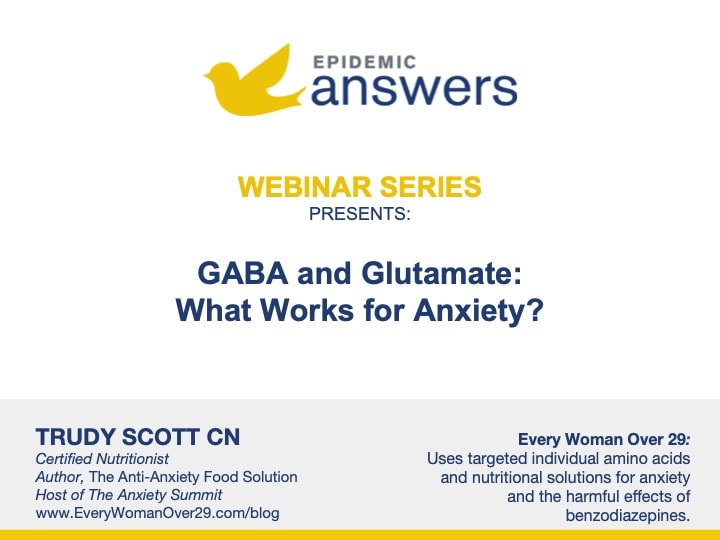No one likes to hear the old adage “you are what you eat”, but food affects mood, especially for children. Children in general can be very sensitive to foods, resulting in mood changes very quickly. For instance, too much salt and sugar can make a child hyperactive shifting the nervous system into fight or flight.
Too many carbohydrates can increase yeast and Candida, which can cause non-compliant difficult behaviors, hyperactivity and even some aggression. Too many chemicals, dyes, phenols, glutamates and preservatives in foods can cause mood and behavioral changes.
Children with autism, ADHD, mood disorders and other chronic health conditions are even more sensitive to foods than neurotypical children. These children can develop imbalances in neurotransmitters, food sensitivities and intolerances, hypoglycemia, brain allergies and excitotoxicity.
All of these imbalances can predispose the child to food and mood issues because of heightened sensitivity to foods, Leaky Gut Syndrome and the gut/brain connection.
Imbalances in Neurotransmitters (NTs)
Neurotransmitters are the chemical messengers in the brain that tell the body what to do. There are excitatory neurotransmitters and inhibitory (calming) neurotransmitters. Some neurotransmitters like serotonin, dopamine and norepinephrine are made in the body from certain foods that we eat.
Tryptophan, for example, is an amino acid found in protein that converts into serotonin which is known as a “calming” neurotransmitter. Tyrosine, on the other hand, is an amino acid that converts into dopamine, which can cause cravings and addictions when elevated, and norepinephrine, which can cause anxiety and stress when elevated.
Foods, especially sugar and carbohydrates, can cause chemical imbalances in neurotransmitters in the brain which have a profound effect on mood and behaviors. This is particularly prevalent with children with neurological disorders who have Leaky Gut Syndrome, which affects the gut/brain axis triggering moods and behaviors.
Serotonin
Imbalances in neurotransmitters, whether high or low, can affect the mood and behaviors of a child. Serotonin, known as the “happy hormone”, regulates and stabilizes:
- Mood
- Sleep
- Appetite
- Anxiety
- Impulse control
- Cognition
Serotonin is found in large quantities in the gastrointestinal system due to the digestive stimulatory properties, so healing the gastrointestinal tract is an important factor in increasing serotonin levels.
Catecholamines
Dopamine and norepinephrine are catecholamines, both hormones and neurotransmitters, which play an important role in mood and behaviors. Too much dopamine can result in intense psychotic anxiety, inappropriate thinking process and even psychosis. Norepinephrine is the stress hormone that controls attention and response actions. If norepinephrine is too high, it can also cause manic episodes.
Excitatory Neurotransmitters
Glutamate, glutamic acid and glutamine are all excitatory neurotransmitters. Too many glutamates produce excitotoxicity, causing nerve damage or cell death; the result of this triggers inflammation.
Excess glutamates cause hyperactivity, mood swings, seizures, insomnia and aggressive behaviors. Excitotoxins such as glutamate and aspartate (aspartame) are amino acids that can excite and damage neurons to the point of cell death. The most commonly known glutamate is MSG, monosodium glutamate. However, there are many sources of glutamate in foods, such as:
- Gluten
- Casein
- Salicylates
- Amines
- Benzoates
- Preservatives
- Nitrates
- Tartrazine
- Food dyes
- Brewer’s
- Hydrolyzed yeast
For a more complete list of glutamate in food that provoke moods, please see Dr. Amy Yasko’s list here. In addition, Russell Blaylock MD’s book Excitoxins: The Taste That Kills explains the affect that food has on the brain causing excitotoxicity (cell death) and triggering mood and behaviors. Excitotoxicity can cause:
- Hyperactivity
- Seizures
- Insomnia
- Self-stimulatory behaviors
- Fight or flight
- Anxiety
- Fears
- Lack of focus and concentration
- Self-injurious behaviors
Inhibitatory Neurotransmitters
GABA, an inhibitory neurotransmitter, calms behaviors, anxiety and aggression and regulates mood. Too many glutamates can decrease GABA levels. L-taurine and L-tryptophan both have a calming effect on behaviors.
Other Neurotransmitters
L-phenylalanine and L-tyrosine can improve thyroid functioning which improves energy levels and mood.
Hypoglycemia
Hypoglycemia is a blood sugar decline that occurs when glucose levels drop, causing energy levels to drop. An increase in blood sugar levels from eating sugar or carbohydrates can increase the neurotransmitter dopamine which triggers addictive behaviors and cravings. When this happens, the body craves something sweet to boost energy and then initiates a vicious cycle of sugar highs and lows.
A diet high in sugar and carbohydrates such as potato chips, donuts, margarine, French fries, soda, snack peanuts, bagels, baked goods, sugar free drink mixes, ketchup, fast food, and food additives can trigger symptoms of:
- Mood swings
- Hyperactivity
- Self-stimulatory behaviors
- Anger
- Meltdowns
- Confusion
- Depression
- Irritability
- Anxiety
- Aggression
Food Sensitivities and Intolerances
Many children today experience food sensitivities and intolerances that are known to have adverse effects on their mood and behaviors. Unfortunately, when parents see unwanted behaviors, depression or mood swings in their children, their pediatrician may want to prescribe medication instead of examining the child’s diet and looking for the triggers that are creating food sensitivities and intolerances. Food sensitivities and intolerances in children can trigger:
- Anxiety
- Moods swings
- Meltdowns
- Depression
- Self-stimulatory behaviors
- Hyperactivity
- Non-compliant behaviors
- Aggression
- Inability to sleep
Some foods may cause children to become picky eaters and prone to craving foods their bodies are intolerant to, such as:
- Refined sugar
- White flour
- Refined carbohydrates
- Dairy (milk)
- Gluten from foods such as wheat, barley and rye
- Eggs
- Soy
- MSG
- Yeast-containing foods
- Food dyes
- Aspartame
- Glutamates
- Nuts
- Peanuts
- Garlic
- Shellfish
- Corn
- Casein
Children can develop picky eating due to the chronic inflammatory response from the gastrointestinal system (Leaky Gut Syndrome) which exacerbates their symptoms and creates a vicious cycle unless the foods to which children have intolerances are removed.
Brain Allergies
Brain allergies can upset hormone levels and neurotransmitters. Foods can create psychological, emotional and neurological symptoms in a child. Gluten and casein can be contributing factors to triggering mental health conditions. Researchers have done studies on the effects of removing gluten from the diet from a teen with a schizophrenic diagnosis and the results showed the disappearance of psychiatric symptoms. Casein studies have also been done with bipolar patients who removed casein from their diet and reduced symptoms of mania and psychosis.
Still Looking for Answers?
Visit the Epidemic Answers Practitioner Directory to find a practitioner near you.
Join us inside our online membership community for parents, Healing Together, where you’ll find even more healing resources, expert guidance, and a community to support you every step of your child’s healing journey.
Sources & References
Andreazza, A.C., et al. Mitochondrial complex I activity and oxidative damage to mitochondrial proteins in the prefrontal cortex of patients with bipolar disorder. Arch Gen Psychiatry. 2010 Apr;67(4):360-8.
Atladottir, H.O., et al. The increasing prevalence of reported diagnoses of childhood psychiatric disorders: a descriptive multinational comparison. Eur Child Adolesc Psychiatry. 2015;24(2):173-83.
Aucoin, M., et al. Major Depressive Disorder and Food Hypersensitivity: A Case Report. Neuropsychobiology. 2019 Oct 10:1-7.
Bayer, J.K., et al. The Cool Little Kids randomised controlled trial: population-level early prevention for anxiety disorders. BMC Public Health. 2011;11:11.
Berk, M., et al. So depression is an inflammatory disease, but where does the inflammation come from? BMC Med. 2013;11:200.
Berry, E.A., et al. National estimates of the inpatient burden of pediatric bipolar disorder in the United States. J Ment Health Policy Econ. 2011;14(3):115-23.
Bitsko, R.H., et al. Epidemiology and Impact of Health Care Provider-Diagnosed Anxiety and Depression Among US Children. J Dev Behav Pediatr. 2018 Apr 24.
Bonnot, O., et al. Children and adolescents with severe mental illness need vitamin D supplementation regardless of disease or treatment. J Child Adolesc Psychopharmacol. 2011;21(2):157-61.
Camilleri, M. Serotonin in the gastrointestinal tract. Curr Opin Endrocrinol Diabetes Obes. 2009 Feb;16(1):53-9.
Ceylan, M.F., et al. Lipid peroxidation markers in children with anxiety disorders and their diagnostic implications. Redox Rep. 2014;19(2):92-6.
Cohen-Cline, H., et al. Access to green space, physical activity and mental health: a twin study. J Epidemiol Community Health. 2015 Jun;69(6):523-9.
Costello, E.J., et al. 10-year research update review: the epidemiology of child and adolescent psychiatric disorders: II. Developmental epidemiology. J Am Acad Child Adolesc Psychiatry. 2006 Jan;45(1):8–25.
Dusetzina, S.B., et al. Treatment use and costs among privately insured youths with diagnoses of bipolar disorder. Psychiatr Serv. 2012;63(10):1019-25.
Guney, E., et al. Oxidative stress in children and adolescents with anxiety disorders. J Affect Disord. 2014;156:62-6.
Fernandes, A.C., et al. Development and evaluation of a de-identification procedure for a case register sourced from mental health electronic records. BMC Med Inform Decis Mak. 2013;13:71.
Haroon, E., et al. Inflammation, Glutamate, and Glia: A Trio of Trouble in Mood Disorders. Neuropsychopharmacology. 2017 Jan;42(1):193-215.
Hepgul, N., et al. Depression pathogenesis and treatment: what can we learn from blood mRNA expression? BMC Med. 2013;11:28.
Hyman, M.A. Is the Cure for Brain Disorders Outside the Brain? Alternative Therapies in Health and Medicine. Nov-Dec 2007;13(6):10-5.
Karakula, H., et al. [Does diet affect our mood? The significance of folic acid and homocysteine]. Pol Merkur Lekarski. 2009;26(152):136-41.
Kato, T. The role of mitochondrial dysfunction in bipolar disorder. Drug News Perspect. 2006 Dec;19(10):597-602.
Konradi, C., et al. Molecular evidence for mitochondrial dysfunction in bipolar disorder. Arch Gen Psychiatry. 2004 Mar;61(3):300-8.
Lai, C.C.W., et al. The association between gut-health promoting diet and depression: A mediation analysis. J Affect Disord. 2023 Mar 1:324:136-142.
Leuchter, A.F., et al. Intermediate phenotypes and biomarkers of treatment outcome in major depressive disorder. Dialogues Clin Neurosci. 2014;16(4):525-37.
Marazziti, D., et al. Psychiatric disorders and mitochondrial dysfunctions. Eur Rev Med Pharmacol Sci. 2012;16(2):270-5.
McNally, L., et al. Inflammation, glutamate, and glia in depression: a literature review. CNS Spectr. 2008 Jun;13(6):501-10.
Memon, A., et al. Association between naturally occurring lithium in drinking water and suicide rates: systematic review and meta-analysis of ecological studies. British Journal of Psychiatry. 2020 Dec; 217(6): 667-678.
Mitchell, E.S., et al. B vitamin polymorphisms and behavior: evidence of associations with neurodevelopment, depression, schizophrenia,bipolar disorder and cognitive decline. Neurosci Biobehav Rev. 2014;47:307-20.
Nikolova, V.L., et al. Acceptability, Tolerability, and Estimates of Putative Treatment Effects of Probiotics as Adjunctive Treatment in Patients With Depression. JAMA Psychiatry. 2023 Aug 1;80(8):842-847.
Onaolapo, A.Y., et al. Glutamate and depression: Reflecting a deepening knowledge of the gut and brain effects of a ubiquitous molecule. World J Psychiatry. 2021 Jul 19;11(7):297-315.
Ostiguy, C.S., et al. Sensitivity to stress among the offspring of parents with bipolar disorder: a study of daytime cortisol levels. Psychol Med. 2011;41(11):2447-57.
Rollins, B., et al. Mitochondrial variants in schizophrenia, bipolar disorder, and major depressive disorder. PLoS One. 2009;4(3):e4913.
Rook, G.A., et al. Microbiota, immunoregulatory old friends and psychiatric disorders. Adv Exp Med Biol. 2014;817:319-56.
Simpson, C.A., et al. The gut microbiota in anxiety and depression – A systematic review. Clin Psychol Rev. 2021 Feb:83:101943.
Swann., O.G., et al. Dietary fiber and its associations with depression and inflammation. Nutr Rev. 2020 May 1;78(5):394-411.
Tan, Y., et al. Review of research progress on intestinal microbiota based on metabolism and inflammation for depression. Arch Microbiol. 2024 Mar 10;206(4):146.
Taurines, R., et al. Expression analyses of the mitochondrial complex I 75-kDa subunit in early onset schizophrenia and autism spectrum disorder: increased levels as a potential biomarker for early onset schizophrenia. Eur Child Adolesc Psychiatry. 2010 May;19(5):441-8.
Thompson, L., et al. What have birth cohort studies asked about genetic, pre- and perinatal exposures and child and adolescent onset mental health outcomes? A systematic review. Eur Child Adolesc Psychiatry. 2010;19(1):1-15.
Van Meter, A.R., et al. What goes up must come down: the burden of bipolar depression in youth. J Affect Disord. 2013;150(3):1048-54.
Verena, L., et al. Elimination diets’ efficacy and mechanisms in attention deficit hyperactivity disorder and autism spectrum disorder. Eur Child Adolesc Psychiatry. 2017; 26(9): 1067–1079.
Warner, B.B. The contribution of the gut microbiome to neurodevelopment and neuropsychiatric disorders. Pediatr Res. 2019 Jan;85(2):216-224.
Yang, B., et al. Effects of regulating intestinal micobiota on anxiety symptoms: A systematic review. General Psychiatry. 2019; 32: e100056.
Resources
Books
Blaylock, Russell, MD. Excitotoxins: The Taste That Kills. Health Press. New Mexico. 1996.
Davis, William, MD. Wheat Belly: Lose the Wheat, Lose the Weight, and Find Your Path Back to Health. Rodale Books. 2014.
Perlmutter, David, MD. Grain Brain: The Surprising Truth about Wheat, Carbs and Sugar — Your Brain’s Silent Killers. Little, Brown and Company. 2013.
Philpott, William, MD. Brain Allergies: The Psycho-Nutrient Connection. Keats Publishing. 1980.
Walsh, William J., PhD. Nutrient Power: Heal Your Biochemistry and Heal Your Brain. Skyhorse Publishing. 2014.




